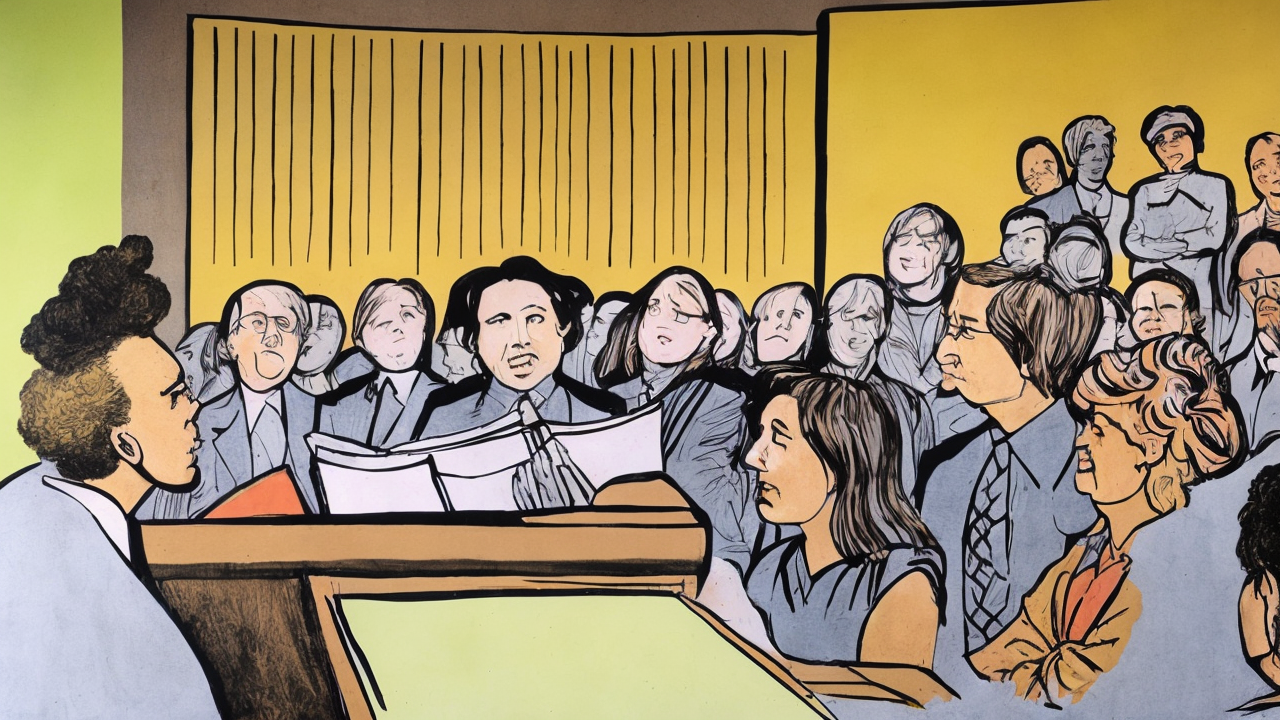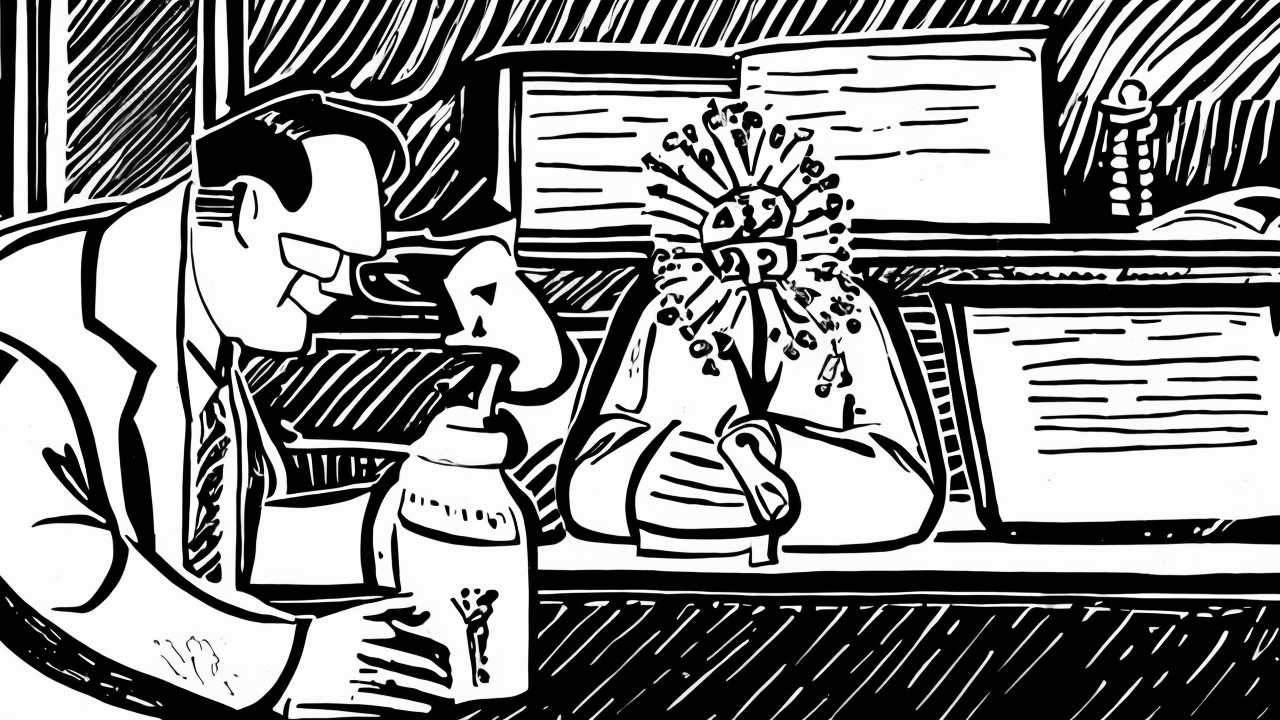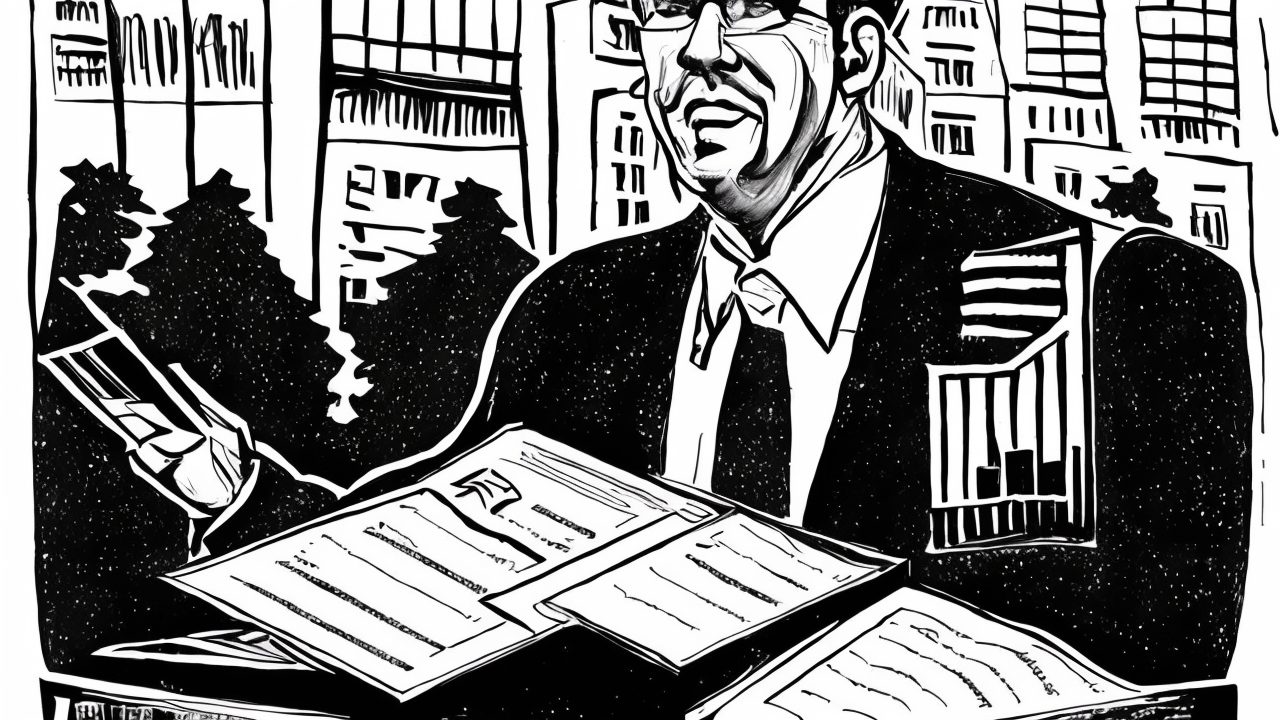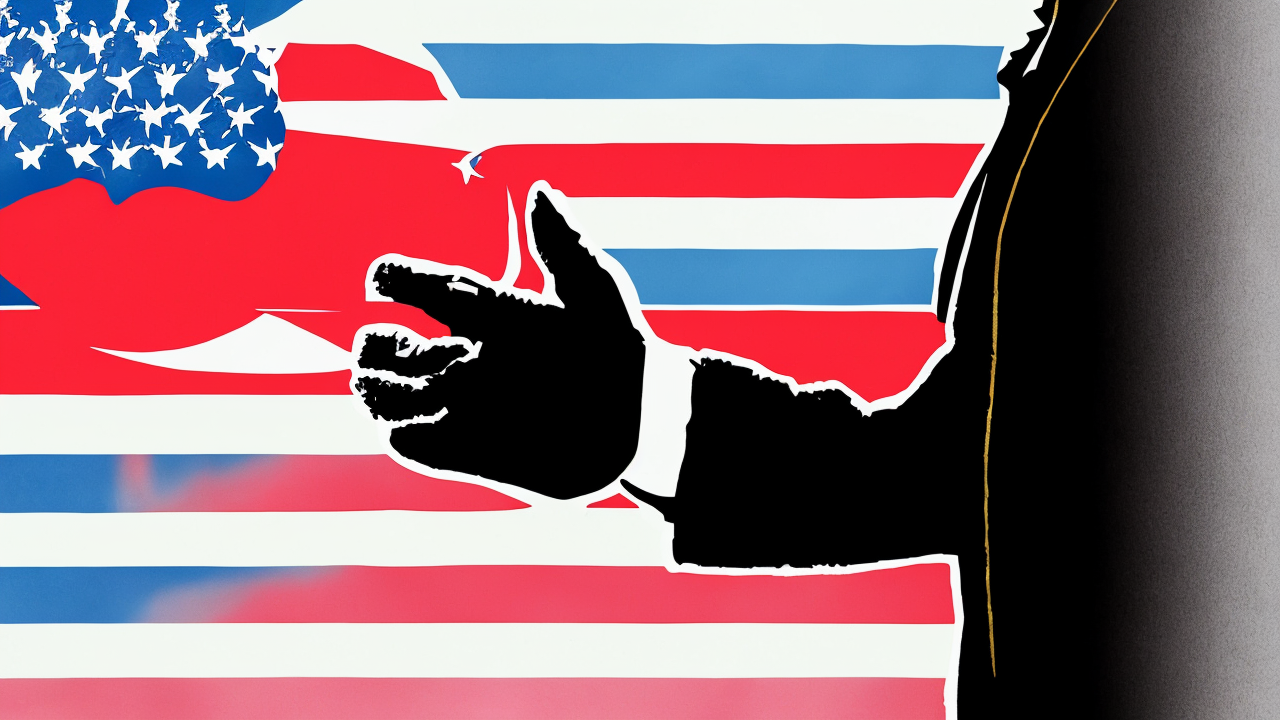Academic Group Under Fire for Advocating Child Sexualization

The American Sociological Association’s recent publication of an article titled Childhood Sexualities: On Pleasure and Meaning from the Margins has sparked serious concern among thoughtful citizens across the country. The piece, authored by Deevia Bhana, challenges long-standing cultural and moral understandings of childhood by questioning the very idea of sexual innocence. While framed as academic inquiry, its implications extend far beyond the classroom, touching on foundational values that have long protected children and preserved the dignity of family life.
The article suggests that the concept of childhood innocence—particularly in relation to sexuality—is not a natural or universal truth, but rather a construct shaped by historical and colonial influences. It goes further, proposing that preadolescent children may possess erotic capacities that should not be pathologized. This line of thinking, while cloaked in scholarly language, opens the door to dangerous philosophical shifts. It risks redefining normal human relationships, especially between adults and children, in ways that undermine the clear boundaries necessary for healthy development.
Children are not miniature adults. They are not equipped to understand or navigate complex emotional and physical dynamics in the way that mature individuals are. To suggest that children can experience sexual pleasure as a form of resistance or empowerment is not only unsupported by developmental science but also fundamentally at odds with common sense and shared human experience. The idea that such experiences could be seen as legitimate or even justifiable crosses a line that society has wisely drawn for generations.
Parents, educators, and religious communities have long recognized the importance of protecting children from exposure to adult themes, especially those involving sexuality. This protection is not about repression; it is about nurturing an environment where children can grow safely, develop healthy relationships, and learn about themselves and others at an age-appropriate pace. When academic institutions begin to question the value of this protection, they are not advancing knowledge—they are undermining the very conditions that make meaningful education and personal growth possible.
The response from conservative leaders and child protection advocates has been one of measured but firm concern. Glenn T. Stanton, director of family formation studies at Focus on the Family, has rightly pointed out that any shift that normalizes adult-child intimacy, even in theory, poses a real danger. It weakens the moral and legal frameworks that have historically protected the most vulnerable. These frameworks are not arbitrary; they are the product of centuries of reflection on human nature, the need for boundaries, and the sacredness of family.
It is not enough to simply debate ideas in academic circles if those ideas have the power to erode public trust in the institutions that safeguard children. The ASA, as a respected professional body, has a responsibility to ensure that its publications uphold the highest ethical standards. When it publishes material that challenges the basic understanding of childhood innocence without clear safeguards or context, it risks becoming complicit in the normalization of harmful concepts.
This moment calls for reflection, not reaction. It is not about silencing debate, but about maintaining a culture that values truth, responsibility, and the well-being of the young. Academic freedom must be balanced with ethical accountability. Ideas should be tested not only by their logic, but by their consequences.
Society must remain vigilant. Institutions that claim to serve the public good must be held to a higher standard when their work touches on issues involving children. The ASA should reconsider its publication, issue a clarification, and reaffirm its commitment to the protection of minors. This is not about censorship—it is about integrity.
In the end, the defense of childhood is not a partisan issue. It is a human one. It is about preserving the natural order in which children are protected, nurtured, and allowed to grow into responsible adults. When that order is challenged, we all pay the price. The true measure of a society is not how boldly it experiments with new ideas, but how faithfully it protects those who cannot yet protect themselves.
Published: 10/16/2025








